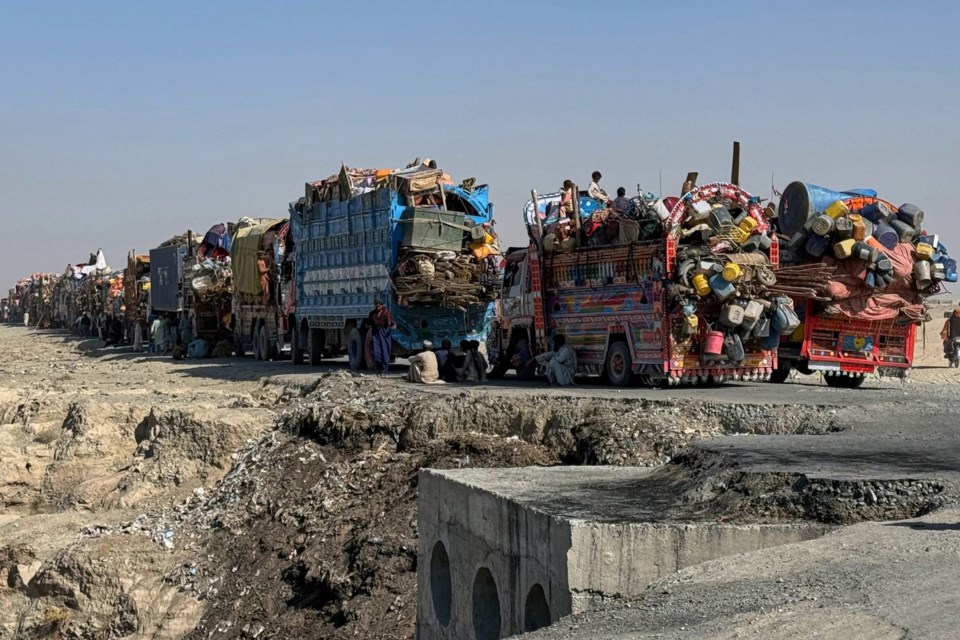Peace talks between Pakistan and Afghanistan broke down in Istanbul on Friday, with both sides trading accusations over fresh border clashes that threaten to unravel a fragile ceasefire brokered by Qatar just weeks ago.
Pakistan’s Information Minister Attaullah Tarar confirmed that negotiations had reached a deadlock, saying the Afghan Taliban had failed to uphold commitments made under the 2021 Doha peace accord to curb terrorism. “Pakistan will not support any steps by the Taliban government that are not in the interest of the Afghan people or neighboring countries,” Tarar said, while expressing gratitude to Turkey and Qatar for mediating. He added that Islamabad remained committed to peace but would take “all necessary measures” to protect its sovereignty and people.
The breakdown came shortly after reports from Afghan officials that four civilians had been killed and five others wounded in cross-border gunfire. Pakistan denied initiating the clashes and claimed that Afghan forces had opened fire first along the Chaman-Spin Boldak border late Thursday night. Both countries accused each other of violating the October 19 ceasefire.
Pakistan’s Defense Minister Khawaja Asif told Geo News that the talks were effectively over and that the Pakistani delegation was returning home. “As we speak, the talks are over,” Asif said, while insisting that the ceasefire would remain in place “until there is a breach from the Afghan side.”
On the Afghan side, Ali Mohammad Haqmal, head of the Information and Culture Department in Spin Boldak, blamed Pakistan for provoking the overnight shooting but said Afghan forces refrained from retaliating to avoid jeopardizing the peace discussions in Istanbul.
Despite the renewed violence, calm largely returned to the Chaman border by Friday morning, though tensions remained high. Pakistan’s Foreign Ministry spokesman Tahir Andrabi reaffirmed that the “shooting was initiated from the Afghan side,” while emphasizing that “the situation was brought under control.”
The Pakistani delegation at the talks was led by National Security Adviser Lt. Gen. Asim Malik, while Afghanistan was represented by Abdul Haq Wasiq, the Taliban’s intelligence chief.
Relations between the two neighbors have deteriorated sharply in recent months amid a surge in militant attacks inside Pakistan, many claimed by Tehrik-e-Taliban Pakistan (TTP) — a group with close ties to the Afghan Taliban. Pakistan accuses Kabul of providing safe havens to TTP militants, an allegation the Taliban government strongly denies.
The latest round of border violence follows deadly clashes last month that left dozens dead and hundreds wounded on both sides. The fighting, the worst in years, erupted after explosions in Kabul on October 9 that the Taliban blamed on Pakistan and vowed to avenge.
With Friday’s collapse of the Istanbul talks, hopes for lasting stability between the two neighbors appear increasingly uncertain. Both countries remain on edge, and the Qatar-brokered ceasefire — though still technically in effect — now hangs by a thread.

